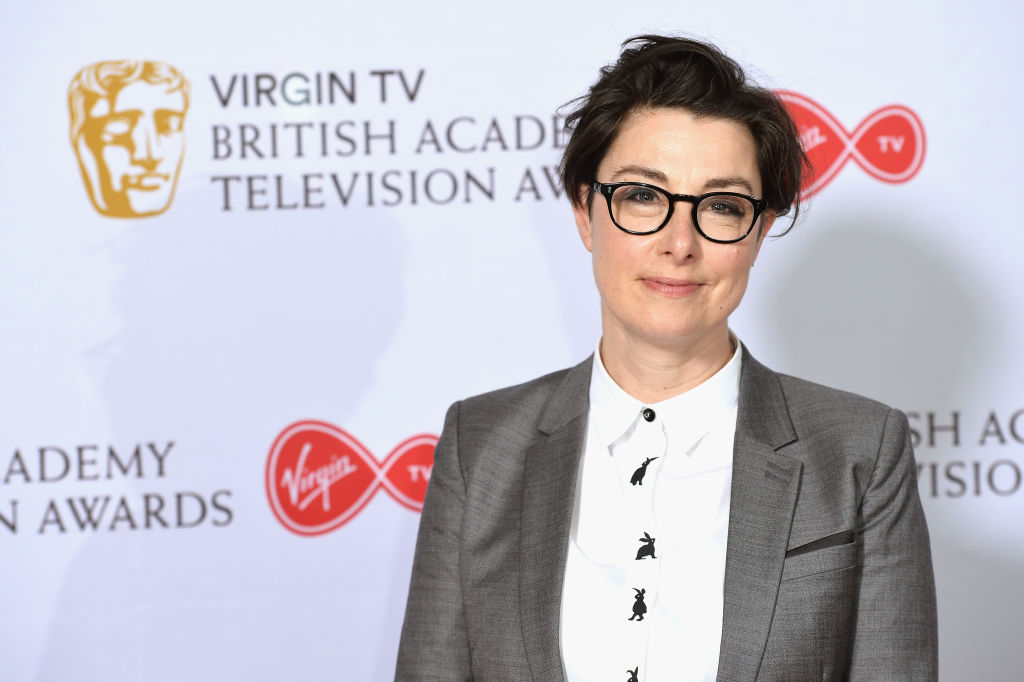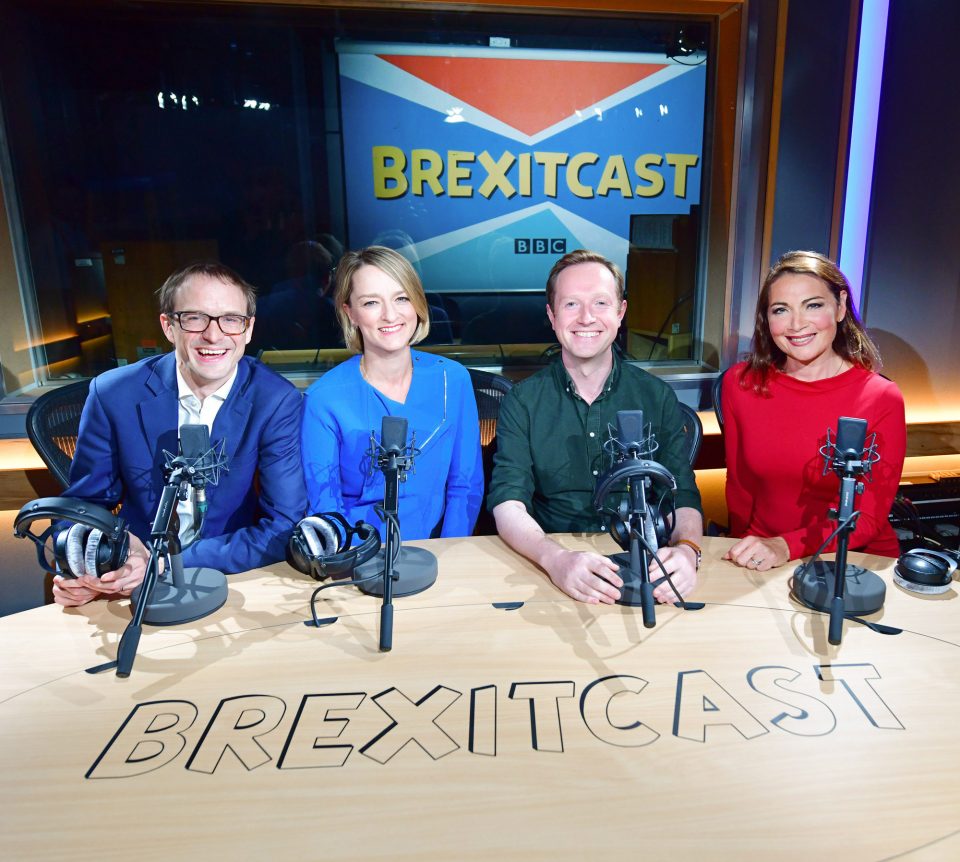Tuning in: Has the City undervalued the podcast craze?

With podcasts steadily shoring up their position as a mainstay of the modern media landscape, canny distributors have been biding their time.
But now Aim-listed podcast platform Audioboom seems ready to cash in on the booming popularity of on-demand listening. Last month the Nicky Candy-backed audio firm, which distributes podcasts including nerdy QI favourite No Such Thing As A Fish and Sue Perkins: An Hour Or So With…, confirmed it had hired bankers at Raine Advisers to explore a sale.
Yet for some in the industry, podcasting remains undervalued when compared to the larger, more mature US market. Despite successive quarters of sharp revenue rises, Audioboom’s shares have suffered turbulent trading in recent years. Following a spike on takeover talks, the firm now has a market capitalisation of roughly £33m.

Nevertheless, Howard Kosky, chief executive of podcast consultancy 4DC, says this price tag falls short of Audioboom’s true value.
“It’s a business where revenue was booming and yet its value was not moving where it should do,” he says. “They had to do something to realise the value”. This value, Kosky suggests, is at least £50m — mere chicken feed for Raine.
Among the media giants linked to a possible takeover are Talksport owner News UK and Global, which runs stations such as Capital and LBC. But with the majority of Audioboom’s revenue originating from the US, Texas-based iHeartMedia or New York-listed Spotify may prove a more suitable fit.
Spotify splashed out at least €300m last year buying podcast startups Gimlet, Anchor and Parcast, and earlier this month revealed it has also snapped up sports-based network The Ringer. The incentives are clear. Insatiable demand means there are now estimated to be more than 850,000 podcasts worldwide. In the fourth quarter, the Swedish streaming giant’s podcast listening hours rose nearly 200 per cent.
But as US media owners invest heavily in podcasts, the same level of investment has not yet been seen in the UK. While the popularity of podcasts is well documented, the ability of producers to monetise this audience has been limited.
“The problem in the UK is how it values a podcast listener,” says Kosky. “It doesn’t reflect the true value.”
Currently, podcast advertising is sold on a CPM (cost per mille) basis, meaning a slot is paid for per thousand listeners. As a result, podcasts need to secure hundreds of thousands of listeners to make a significant return.
The primary argument against this metric is that podcast listeners are not the same as radio listeners. Podcast fans have a longer dwell time, while almost all listen on their own — meaning they are highly engaged.
“A formula that recognises that impact is different to a 30 second spot in traditional broadcast advertising or digital eyeball cost per transaction is key,” Kosky adds.
Persuading media buyers to adopt these metrics — and therefore fork out more for podcast ad spots — will be a challenge. Many podcast firms, including Audioboom, are pouring more money into producing their own shows in an effort to sidestep this issue.

Jamie McGowan Stuart of Enders Analysis says that despite high CPMs for top shows, monetising the long tail of the market is difficult.
“As downloads dominate podcast measurement, the possibilities for targeting and attribution are limited,” he adds.
Spotify last month unveiled streaming ad insertion technology, allowing it to run targeted ads within shows in real time based on a range of data points about the listener. This may go some way to addressing these challenges.
However, the UK market is also skewed by the presence of the BBC, which does not run ads on its shows domestically.
“That’s a sizeable chunk of podcast listening — 100m plays of podcasts or listen again audio on Sounds alone last quarter — without ads,” says McGowan Stuart.
Despite these barriers, a bumper takeover deal for Audioboom could spark a rethink of the British podcasting industry’s valuation and for major players such as Global — and even the BBC — this can only be a good thing.
Main image credit: Getty